
Every year in the United States, tens of millions of Americans move to a new home. According to the U.S. Census Bureau, the bulk of these moves are motivated by personal circumstances, often relating to housing, family, or employment. But when it comes to deciding on a place to live, it can also be helpful to weigh other, less subjective factors.
As a means of gauging and comparing degrees of development between countries — beyond standard measures like gross domestic product and economic growth — the United Nations created the Human Development Index. By accounting for factors related to health and well-being, educational attainment, and standards of living, the HDI offers an assessment of overall quality of life at the individual level within a given geography.
When applied to communities within the United States, the core principles of the HDI reveal that some parts of the country are far better places to live than others.
Using an index inspired by the HDI, 24/7 Wall St. identified the best counties in Arizona to live in. Counties are ranked on a combination of three measures – average life expectancy at birth, the share of adults with a bachelor’s degree or higher, and the poverty rate. Of the 15 counties in Arizona, we ranked the 10 with the highest HDI score.
Across all of Arizona, average life expectancy at birth is 79.1 years. Additionally, 13.1% of the population live below the poverty line and 31.8% of adults have a bachelor’s degree or higher. Notably, only one Arizona county compares favorably to the state as a whole in each of these metrics.
Among the 10 counties on this list, average life expectancy at birth ranges from 75.5 to 81.8 years. Meanwhile, poverty rates vary between 11.3% and 20.2%, and bachelor’s degree attainment rates range from less than 10% to nearly 40%.
Data used to calculate rankings are from the U.S. Census Bureau’s 2022 American Community Survey and County Health Rankings & Roadmaps, a joint program of the Robert Wood Johnson Foundation and the University of Wisconsin Population Health Institute. All ACS data are five-year averages.
Why It Matters

Many of the most commonly cited economic indicators — including unemployment, GDP, and industrial output — are useful gauges of prosperity and productive capacity in a given area. But when it comes to measuring overall quality of life, any single metric inevitably falls short. To address these shortcomings, the HDI combines three key social and economic measures into a single index score, allowing for objective comparisons between communities across the United States.
10. Mohave County

- Avg. life expectancy at birth: 75.5 years
- Poverty rate: 16.0%
- Adults with a bachelor’s degree: 14.4%
- Median household income: $53,592
- Population: 214,229
9. Yuma County
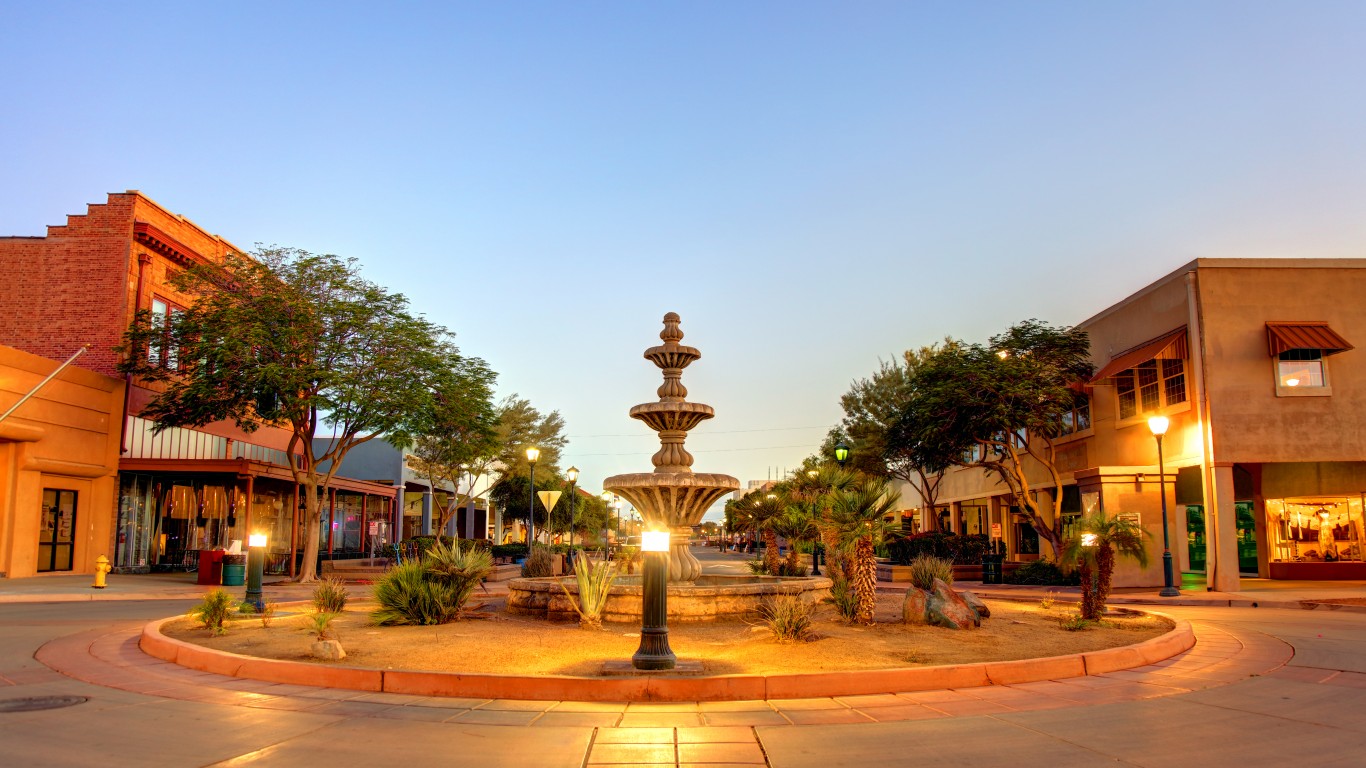
- Avg. life expectancy at birth: 80.5 years
- Poverty rate: 17.5%
- Adults with a bachelor’s degree: 16.4%
- Median household income: $56,439
- Population: 204,374
8. Santa Cruz County
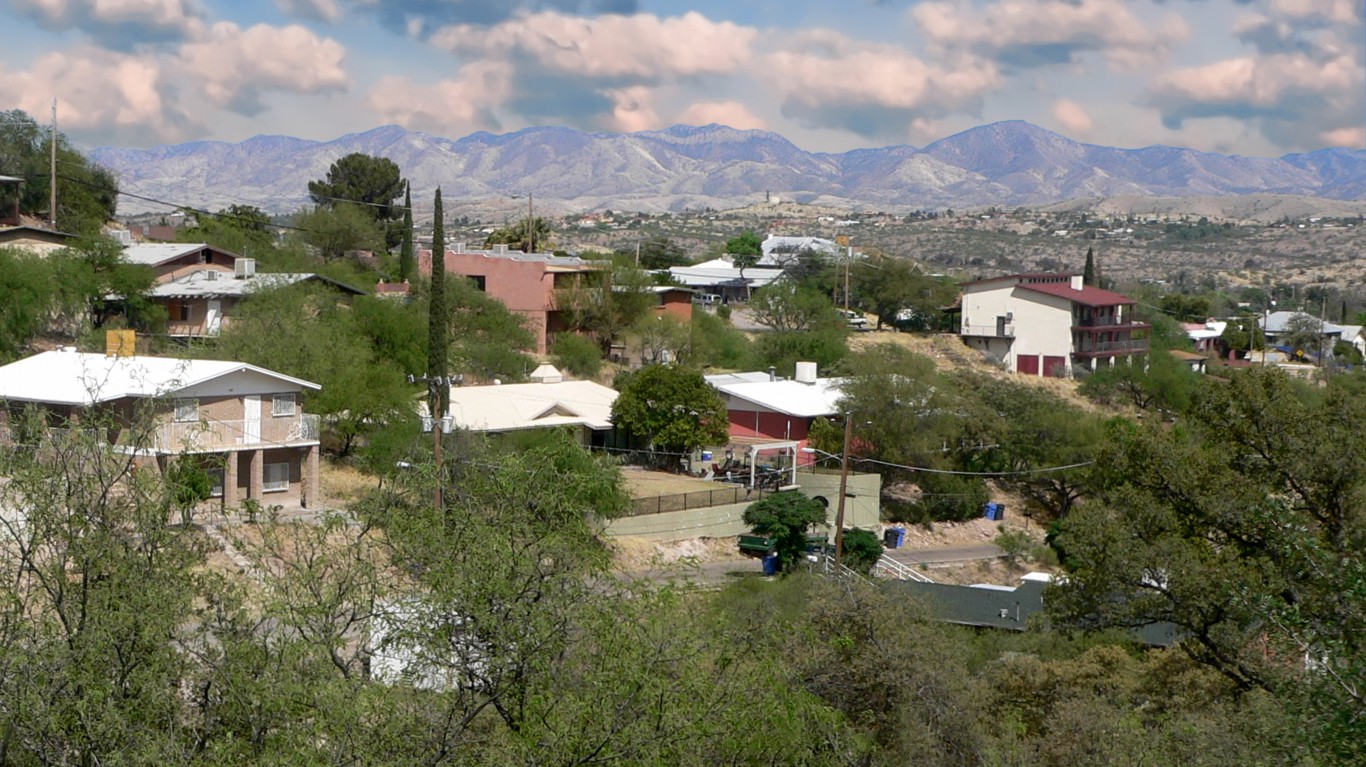
- Avg. life expectancy at birth: 81.2 years
- Poverty rate: 20.2%
- Adults with a bachelor’s degree: 23.5%
- Median household income: $51,885
- Population: 47,838
7. Greenlee County

- Avg. life expectancy at birth: 79.9 years
- Poverty rate: 12.8%
- Adults with a bachelor’s degree: 16.7%
- Median household income: $73,756
- Population: 9,483
6. Cochise County
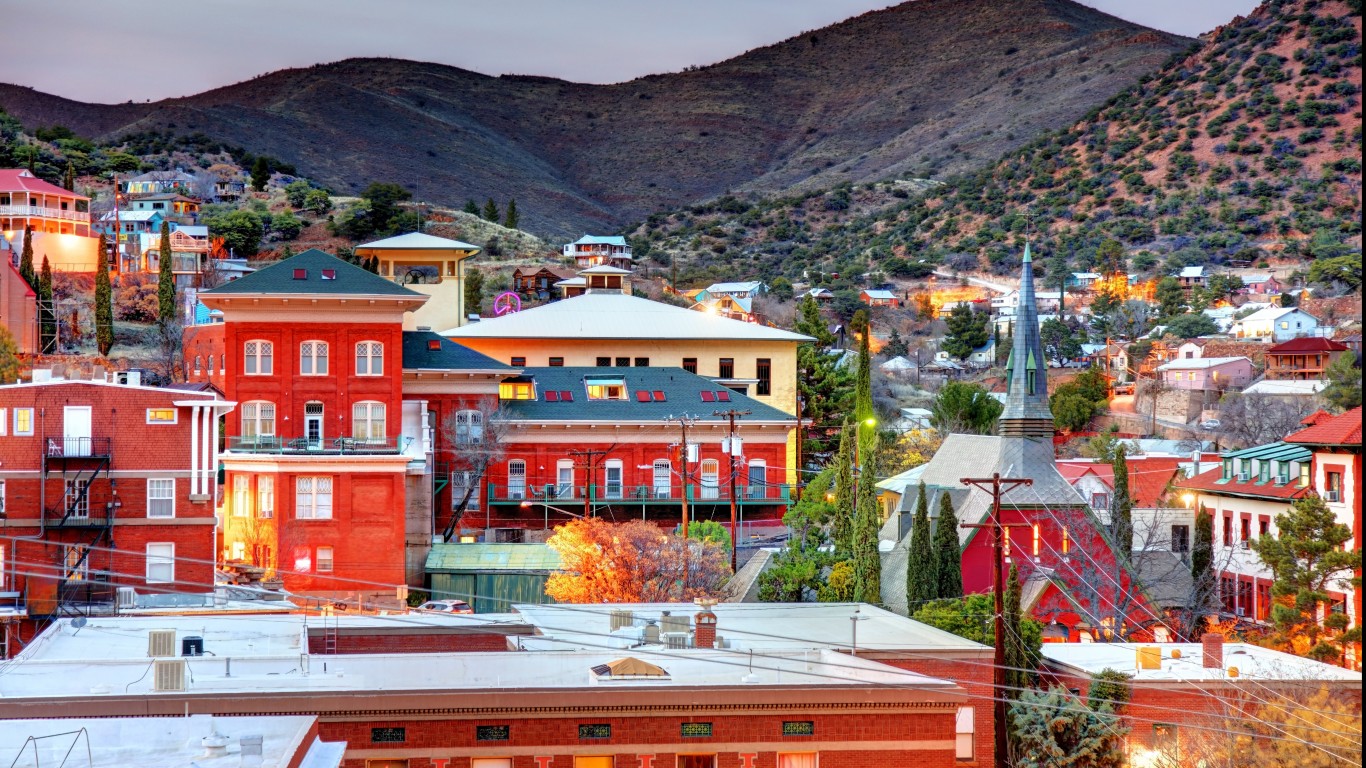
- Avg. life expectancy at birth: 78.3 years
- Poverty rate: 14.7%
- Adults with a bachelor’s degree: 26.7%
- Median household income: $58,421
- Population: 125,504
5. Pinal County
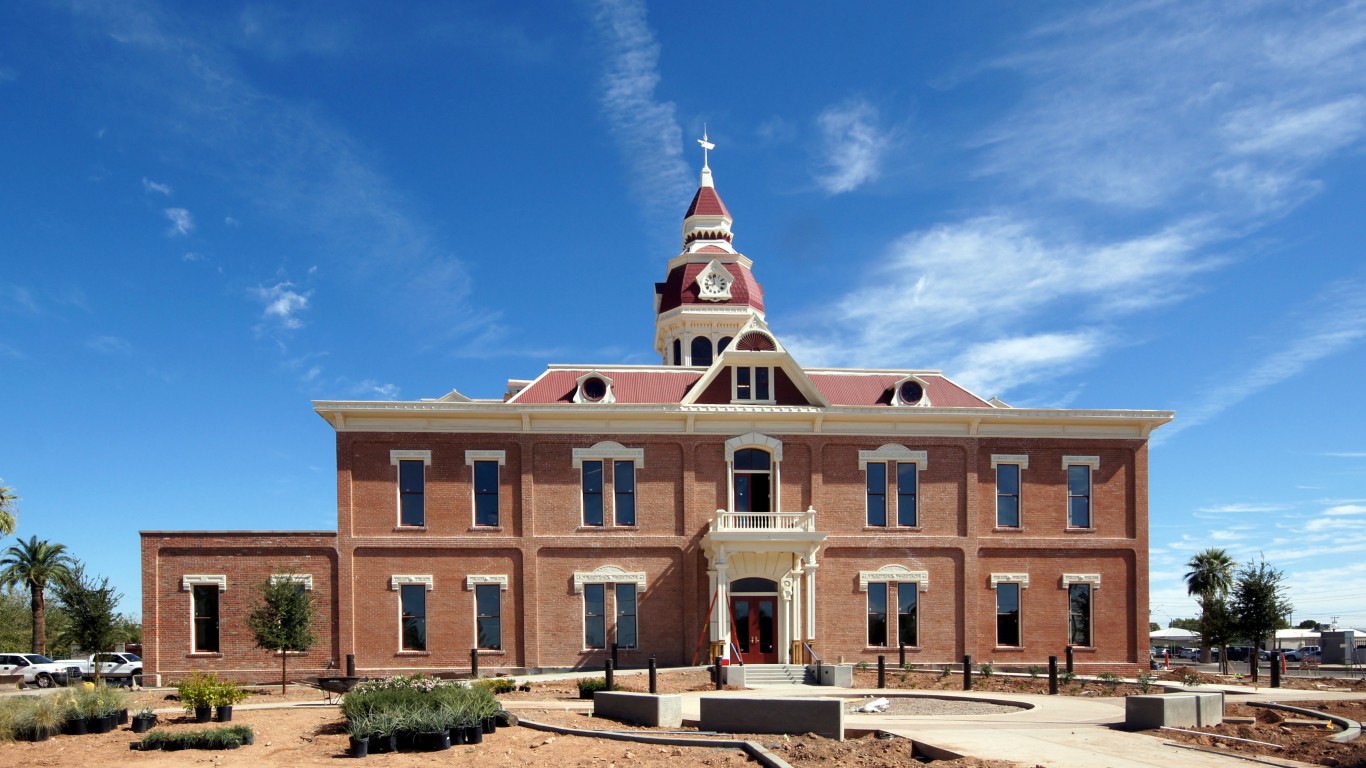
- Avg. life expectancy at birth: 81.8 years
- Poverty rate: 11.3%
- Adults with a bachelor’s degree: 21.4%
- Median household income: $73,313
- Population: 433,338
4. Yavapai County
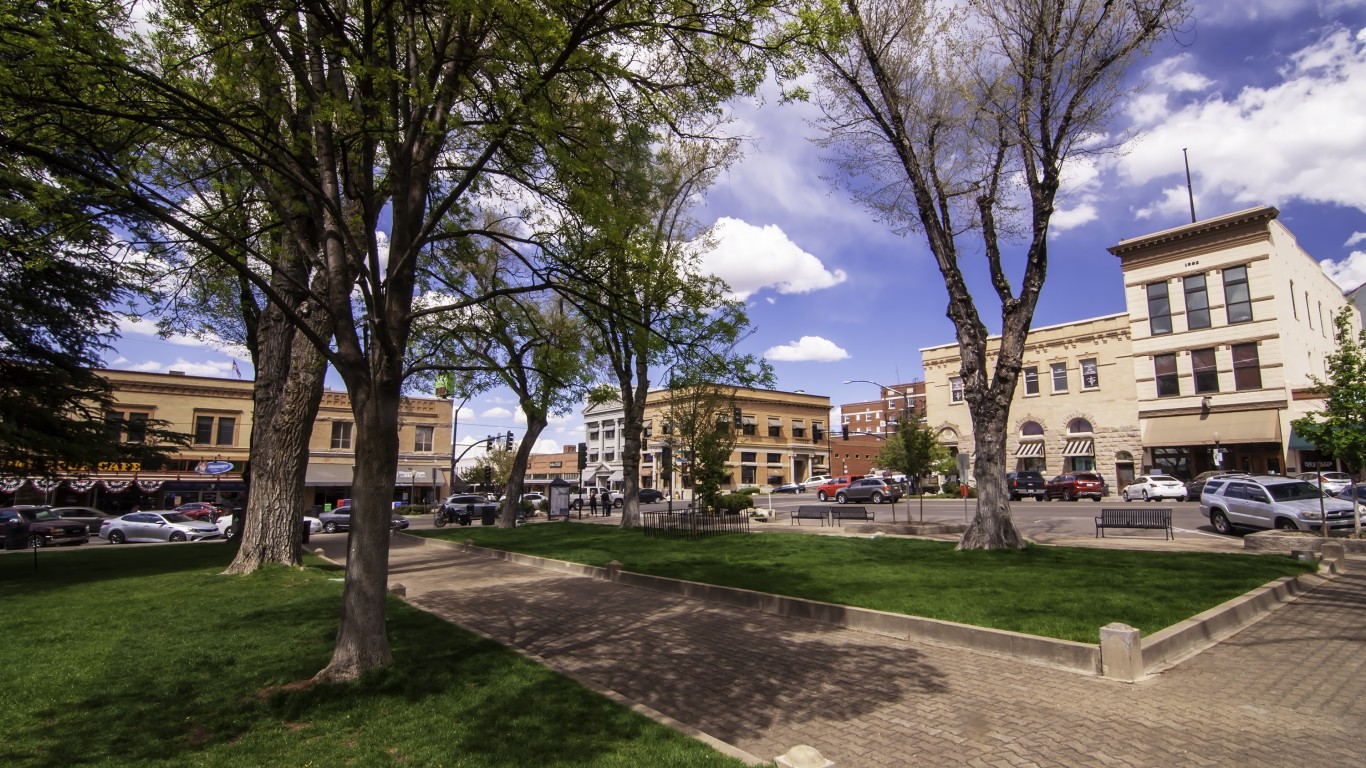
- Avg. life expectancy at birth: 78.4 years
- Poverty rate: 12.3%
- Adults with a bachelor’s degree: 28.7%
- Median household income: $62,430
- Population: 237,830
3. Pima County
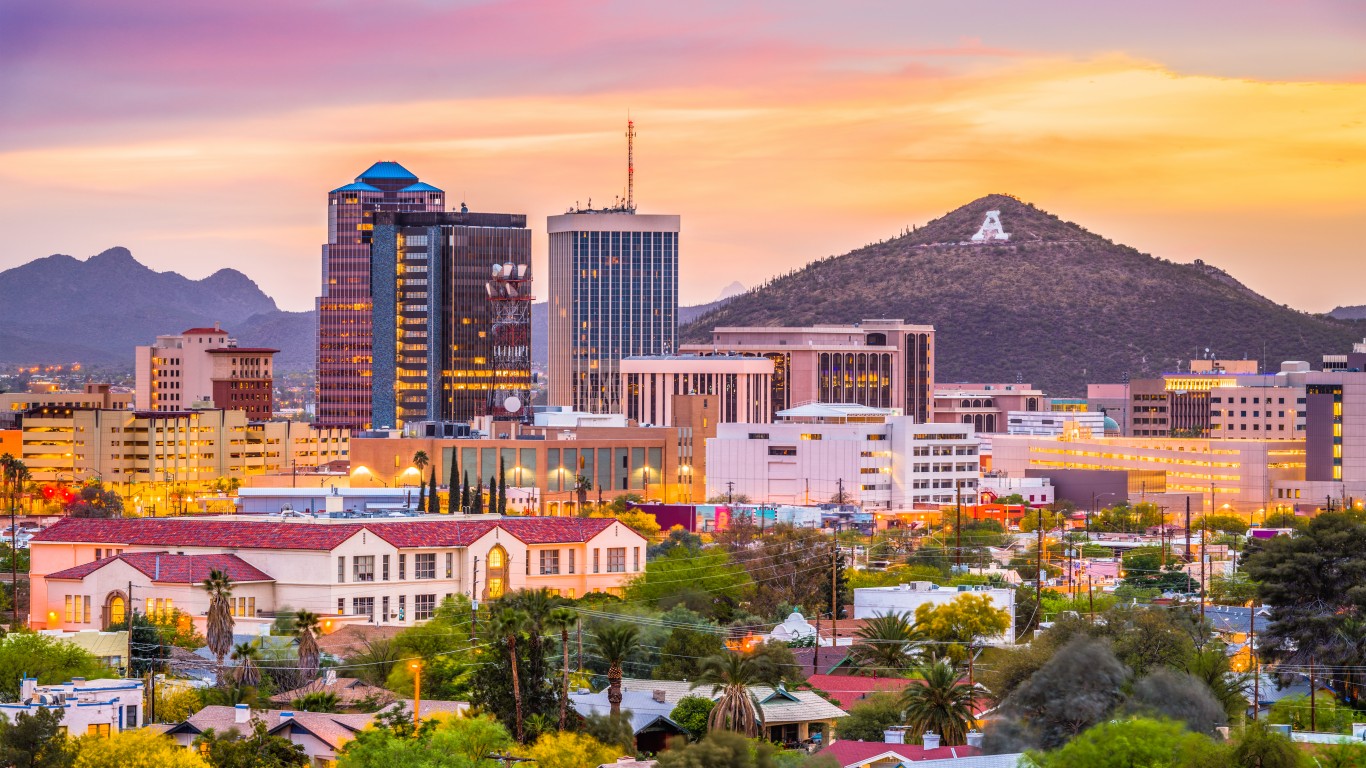
- Avg. life expectancy at birth: 78.5 years
- Poverty rate: 14.9%
- Adults with a bachelor’s degree: 35.0%
- Median household income: $64,323
- Population: 1,042,393
2. Coconino County
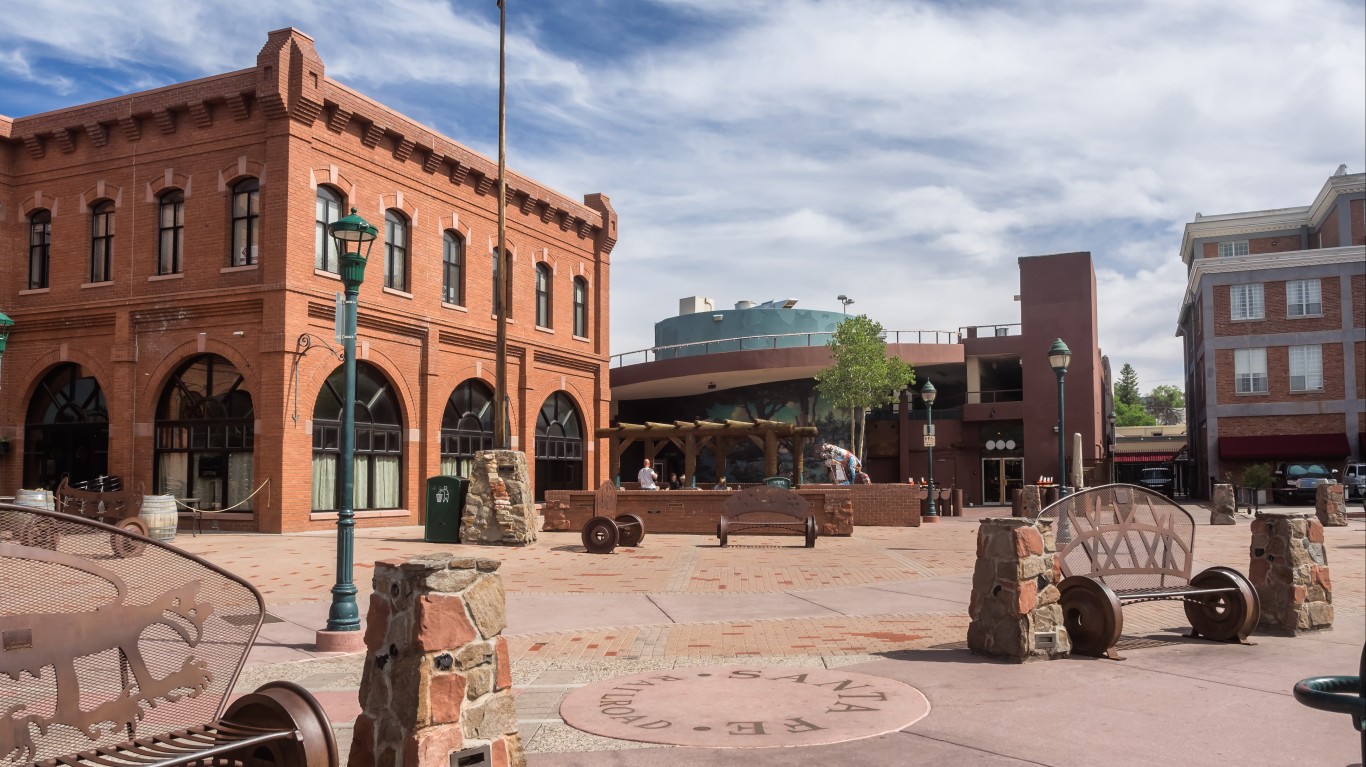
- Avg. life expectancy at birth: 78.0 years
- Poverty rate: 16.9%
- Adults with a bachelor’s degree: 39.6%
- Median household income: $67,266
- Population: 144,705
1. Maricopa County
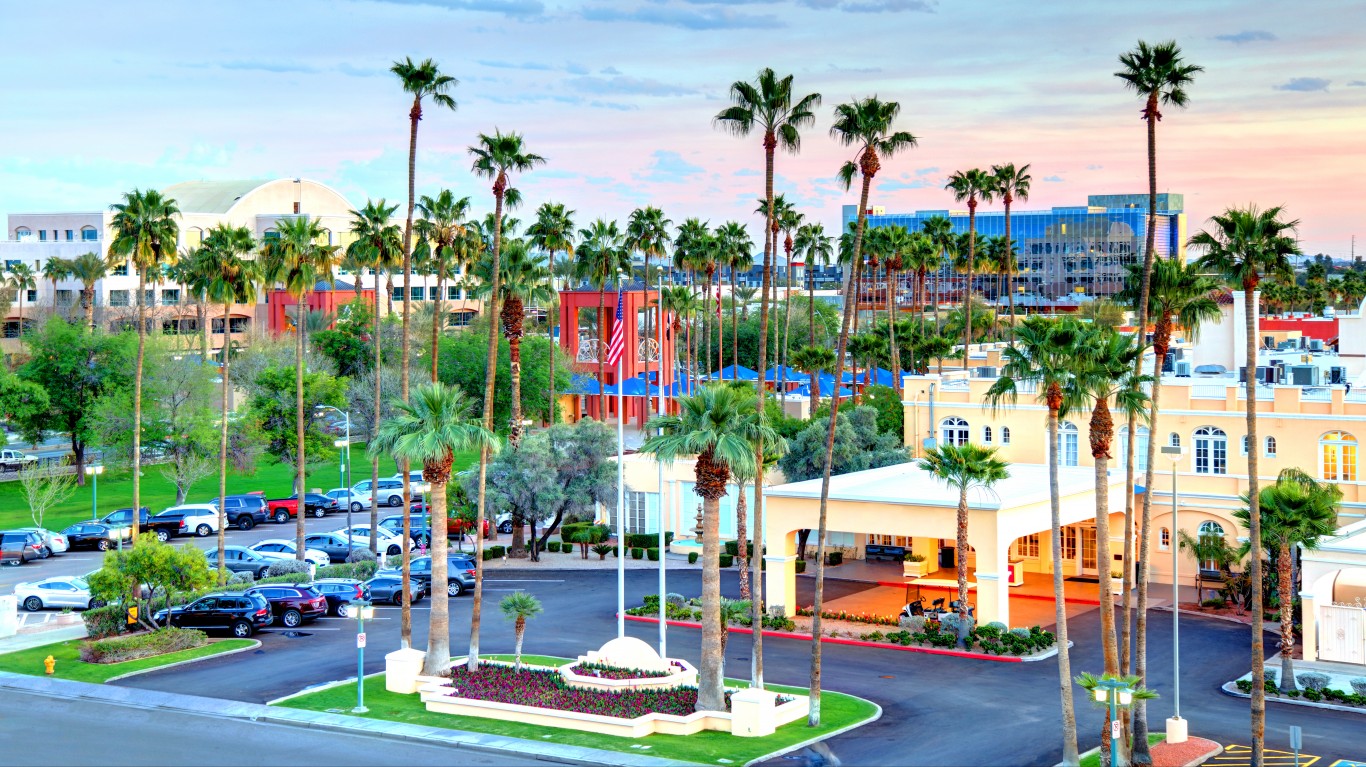
- Avg. life expectancy at birth: 79.6 years
- Poverty rate: 11.5%
- Adults with a bachelor’s degree: 35.0%
- Median household income: $80,675
- Population: 4,430,871
| Rank | County | Avg. life expectancy at birth (yrs.) | Adults with a bachelor’s degree (%) | Poverty rate (%) | Population |
|---|---|---|---|---|---|
| 1 | Maricopa, Arizona | 79.6 | 35.0 | 11.5 | 4,430,871 |
| 2 | Coconino, Arizona | 78.0 | 39.6 | 16.9 | 144,705 |
| 3 | Pima, Arizona | 78.5 | 35.0 | 14.9 | 1,042,393 |
| 4 | Yavapai, Arizona | 78.4 | 28.7 | 12.3 | 237,830 |
| 5 | Pinal, Arizona | 81.8 | 21.4 | 11.3 | 433,338 |
| 6 | Cochise, Arizona | 78.3 | 26.7 | 14.7 | 125,504 |
| 7 | Greenlee, Arizona | 79.9 | 16.7 | 12.8 | 9,483 |
| 8 | Santa Cruz, Arizona | 81.2 | 23.5 | 20.2 | 47,838 |
| 9 | Yuma, Arizona | 80.5 | 16.4 | 17.5 | 204,374 |
| 10 | Mohave, Arizona | 75.5 | 14.4 | 16.0 | 214,229 |
In 20 Years, I Haven’t Seen A Cash Back Card This Good
After two decades of reviewing financial products I haven’t seen anything like this. Credit card companies are at war, handing out free rewards and benefits to win the best customers.
A good cash back card can be worth thousands of dollars a year in free money, not to mention other perks like travel, insurance, and access to fancy lounges.
Our top pick today pays up to 5% cash back, a $200 bonus on top, and $0 annual fee. Click here to apply before they stop offering rewards this generous.
Flywheel Publishing has partnered with CardRatings for our coverage of credit card products. Flywheel Publishing and CardRatings may receive a commission from card issuers.
Thank you for reading! Have some feedback for us?
Contact the 24/7 Wall St. editorial team.


